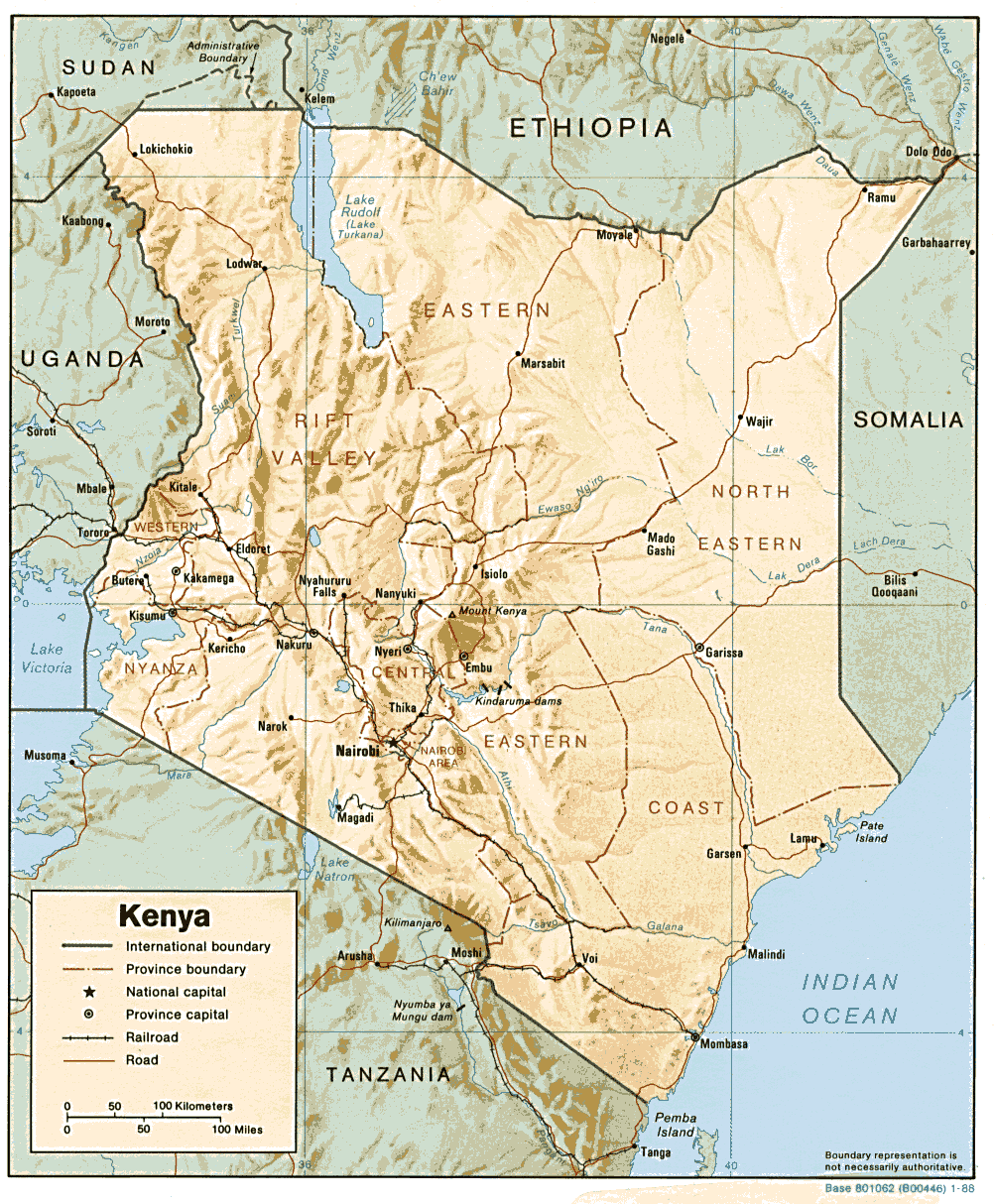Kenya: Who Cares? Why We Must Value All of Women’s Work

Today, in Kenya, women are under siege from a crushingly heavy burden of expectations that only seems to grow with each generation.
While on one hand we are encouraged to climb the corporate ladder, shatter glass ceilings and revel in our newly found independence, on the other, we are still expected to aspire to marriage, bear multiple children and seamlessly run (very clean and organized) households.
For many middle- to upper-income women in urban towns and cities like Nairobi, this balancing act, while still exhausting, is somewhat manageable thanks to access to paid carers or daycare facilities. But for rural women who spend an overwhelming amount of time on unpaid care work such as fetching water and firewood, farm work, cooking, cleaning, and caring for their children and the elderly, the burden is significantly heavier. It is laborious and limits their ability to engage in paid employment or entrepreneurial activities, reducing their economic opportunities and trapping them in a vicious cycle of financial dependence and poverty.
Time always has a value. Societies, communities, families have thrived on the unpaid time that women spend on care work, and it has gone unrecognized and unappreciated for far too long. Furthermore, women pay a steep price—mentally, physically, and economically—because of this lack of recognition.
The invisible costs of unpaid care work
The statistics paint a grim picture. Africa has the highest level of unpaid care work in the world, with 70% of care provided by women within families. Only 3% of this is paid.
In Kenya, the disparity is even more pronounced. Women spend an average of 277 minutes daily on unpaid care work, compared to just 54 minutes for men. That’s five times more than their male counterparts, according to the 2023 Kenya Time Use Survey. This imbalance isn’t just unfair—it’s a major barrier to women’s financial power and limits their contribution to the wider economy and the much-needed growth of this country.
The pathway to progress
It’s time to challenge the outdated societal perceptions surrounding women’s caregiving roles. For women to thrive in today’s world, it’s essential that we address the structural barriers created by unpaid care work.
Two main things must happen simultaneously: We need policies that change the infrastructure of the care economy in Africa to one that recognizes the value of care work, and we need to engage with each other honestly about the shared responsibility of care work.
Across Africa, strides have been made to provide opportunities for women to excel in professional spaces. Initiatives like Kenya’s Women Enterprise Fund and the African Union’s Gender Equality Strategy are paving the way for women to access financing, training, and leadership opportunities by providing frameworks to guide this transformation, advocating for policies that redistribute care work and investing in women’s livelihoods. By prioritizing women’s economic rights and gender equality in national and local development plans, governments can shift the balance.
Practical steps to address the burden of unpaid care work at the policy level may include investing in accessible and affordable childcare and eldercaresystems to alleviate the demands placed on women; adopting flexible, inclusive and equitable workplace policies, such as parental leave, flexible hours and remote work options to better accommodate women’s dual responsibilities; and introducing social protection measures, like tax credits or direct payments, that can help compensate for unpaid care work. For rural women, county governments could install community water points or solar-powered water pumps, reducing the time spent fetching water and freeing up time for income-generating activities. Additionally, targeted funding initiatives are crucial to address women’s disproportionate share of unpaid labor and to expand paid care opportunities, ensuring their contributions are recognized and valued.
Care work is a shared responsibility for society’s well-being
Care work—whether paid or unpaid—is not just a women’s issue. It’s a societal issue. Every one of us has been cared for, whether as a child, an elderly parent, or during illness. We must pull the cloak back on this invisible labor that supports the well-being of individuals and the prosperity of communities.
The fact that care work remains largely informal and invisible devalues the contributions of millions of women to society and national growth. It’s an injustice that must be rectified. We must recognize the value and extent of unpaid care work done by women, use policy tools like better care infrastructure to reduce the amount of unpaid care work needed and start evenly distributing unpaid care work among all members of the society, including men. Women cannot thrive in a society that limits their full potential by expecting them to shoulder the disproportionate burden of care without any hope of compensation for it, oftentimes in the name of tradition and culture. Furthermore, for women who work in paid care roles, we must recognize the value of this work, compensate them fairly and provide dignified working conditions.
When we focus our attention on robust care policies and the shared responsibility for care in our society, we’re not only creating opportunities for women to increase their economic power—we’re also laying the foundation for a more just, equitable, and prosperous society that benefits everyone. For this reason, we should all care.
By Waceke Nduati



